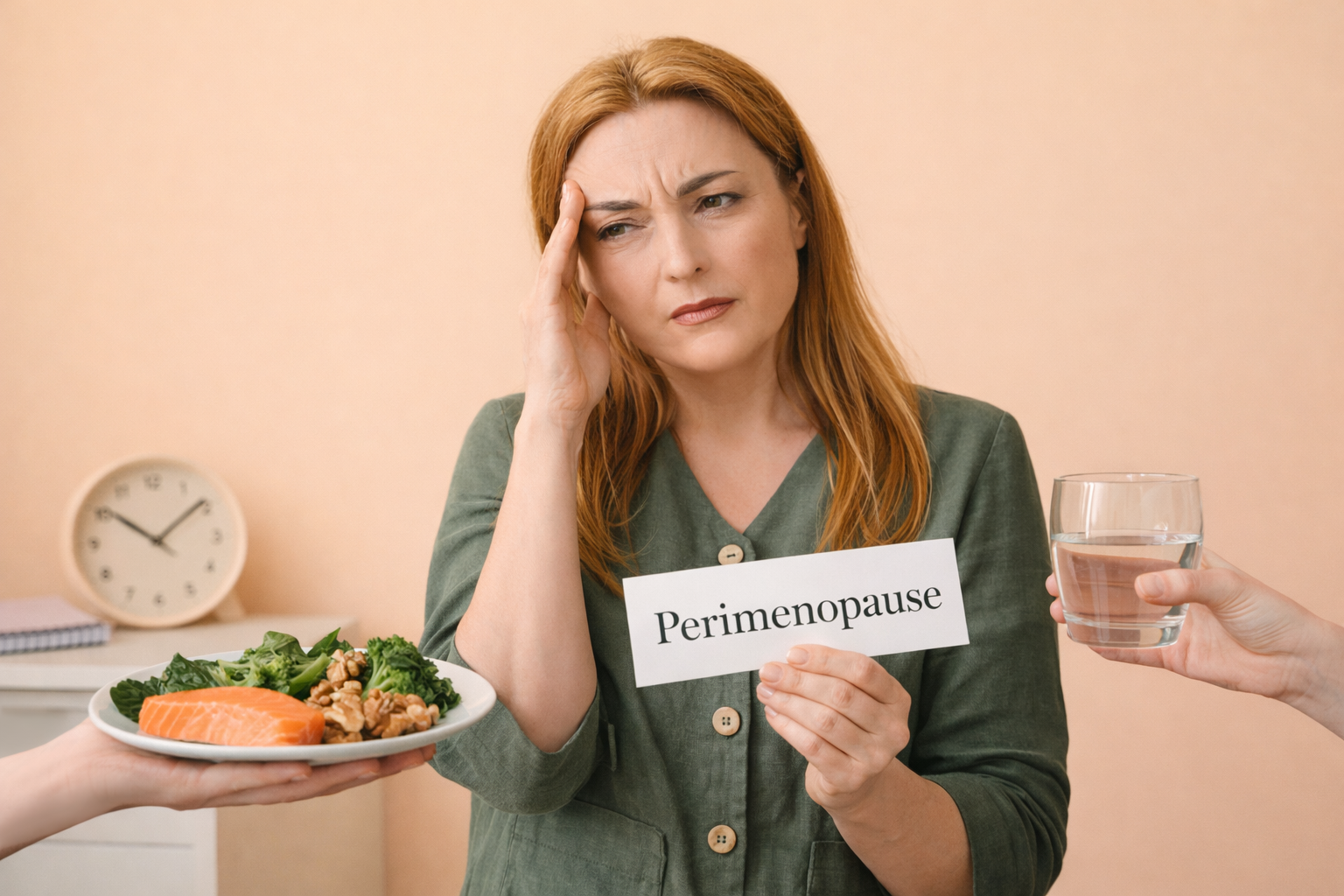Low AMH: How to Boost Egg Quality and Take Control of your Fertility Journey
So, you've been told you have low AMH (Anti-Müllerian Hormone) or a low ovarian reserve? First of all, take a deep breath - this is not the end of your fertility journey! While it might sound like a fertility red flag, the reality is a lot more nuanced. AMH tells us about egg quantity, not quality, and quality is what truly matters when it comes to conception.
Think of it like chocolate - would you rather have a ton of mediocre chocolate or a few pieces of really high-quality, delicious dark chocolate? Let’s focus on making those eggs the best they can be.
What does low AMH mean?
AMH is produced by the small follicles in your ovaries, and it gives an estimate of how many eggs you have left. Our recent Instagram post provides a good overview:
What can we do to improve fertility?
Focus on egg quality - The golden trio!
CoQ10
Omega-3 fatty acids
Antioxidant-rich foods
No, these don’t need to be in the form of supplements but foods rich in these can be incorporated into your diet.
Eat like your fertility depends on it (because it kind of does!)
A good time to start will be 3 months prior to trying to conceive.
Wholegrains (brown rice, quinoa, oats) help keep blood sugar stable and hormones balanced.
*Insulin resistance can disrupt key hormonal signals that drive healthy ovulation, making it more difficult to conceive.
Lean proteins (eggs, poultry, legumes) support egg development
Healthy fats (avocado, olive oil, nuts) keep hormone levels in check
Fibre-rich foods help your body metabolize estrogen effectively
Manage stress and support your hormones
I understand - telling someone who wants a baby to “just relax” is NOT helpful. But here’s the thing: chronic stress can mess with ovulation and egg quality. When you’re under prolonged stress (especially when unaddressed), your body produces more cortisol (stress hormone) and your body diverts resources towards cortisol production instead of progesterone. Less progesterone = trouble sustaining a lush uterine lining for implantation.
The good news? Small changes can make a big difference:
Try yoga, meditation, or journaling
Get moving - whether it’s a morning walk, pilates, or dancing around your kitchen
Prioritize sleep (because even your eggs need beauty rest)
Work with a fertility specialist
Wondering how much of the above is enough? How about supplements?
These recommendations certainly need to be tailored to your diet, blood test results and medical history. A standard Elevit supplement will not do justice to address your needs. Have a chat with one of our dietitians to make a significant step forward on your fertility journey!





